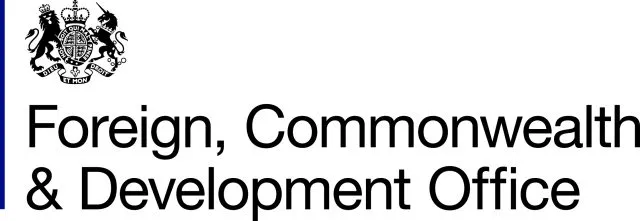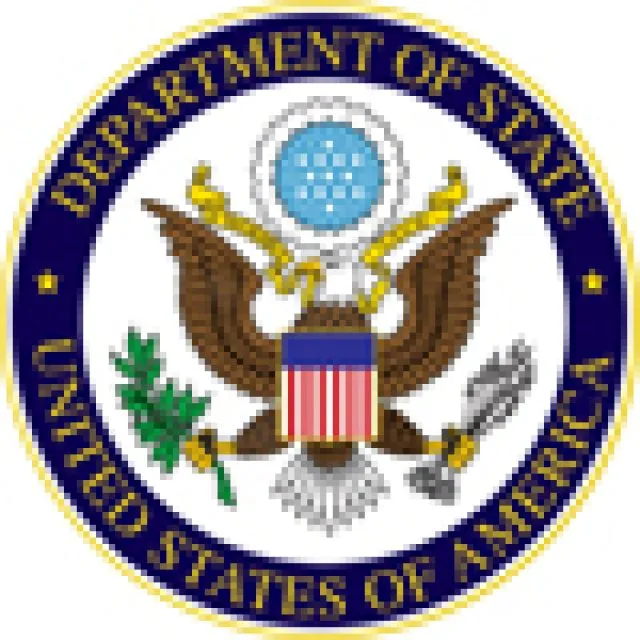Improving interfaith dialogue to promote social respect and inclusion
Work to make interfaith dialogues more relevant and brave
- Interfaith dialogues can be inward-looking and disconnected from the real world, including a failure to take responsibility for intolerant forces. With religious leaders often struggling to reach out to factions of their own groups.
- Dealing with intolerant forces requires recognising the dark side of “who you are”. Excommunicating those intolerant of difference or other perspectives is not the way forward.
- Interfaith spaces can be reticent to talk about sexism, racism and religious intolerance and should be encouraged to do so.
Work to make interfaith dialogues more open to younger generations
- Most senior interfaith leaders are of a specific generation and can appear out of touch. The next generation will have been formed in a different way and should be front and centre of future work.
- Youth might need to be invited and involved in a different way. This means it is necessary to consider the format and ‘mode’ of engagement.
- Encourage conversations that are difficult, going beyond what unites.
- Encourage safe, but not necessarily always comfortable spaces.
- Create a crisis response plan working with universities.
Jointly develop a crisis response plan for the next conflict
- Develop crisis communications principles and response plans. The likelihood of interfaith dialogue acting as a moderating force when the next crisis arises is increased if a plan is already in place.
- Statements, actions and plans which are produced during peacetime in advance of outbreak of conflict can be drawn on to ensure immediacy of response.
Encourage countries to engage with faith leaders
- Draw on convening power as a way to engage.
- Raise the awareness of networks such as the International Religious Freedom or Belief Alliance (IRFBA) and International Contact Group on FoRB, as mechanisms to raise concerns of members of religious communities.
Inclusivity, intersectionality and amplifying new voices
Working with minority and marginalised groups
- More consideration is needed on how minority groups are defined. Consider closely who is included and excluded and revisit this question often to ensure as many as possible are captured in the conversations and focus.
- Minority groups should be funded directly rather than through third party agencies.
- Ensure offline communities are not forgotten but find innovative ways of engaging these communities (e.g. collect stories that they can narrate to reach online communities).
Indigenous communities
- Indigenous communities are not as present on the FoRB agenda as they should be and should be explicitly included.
- Consider the intersection between indigenous rights and religious or belief communities.
Working with the business community
- Business communities are also missing from the conversation and often lack FoRB awareness.
- They should be invited, educated and engaged. The problem is often not their lack of interest, but FoRB advocate capacity.
Mobilising popular culture influencers
- Social media and popular culture influencers are potentially a very effective untapped resource, particularly when seeking to reach younger populations with awareness of FoRB and hate speech. There are some good examples of how racism and antisemitism are being tackled through sport.
- Consider who are the defining and influential voices in various communities and reach out specifically.
Improve connectivity and ability to share best practice
- Given how different contexts require different approaches, enhanced domestic focus is required. Consider having separate international and domestic civil society convening on FoRB.
- Arrange regular webinars for various communities on FoRB related topics. These can be used to share training and best practice, as well as ensuring that up to date knowledge about developments in the FoRB agenda is shared.
- Consider how best to continue sharing best practice among the group.
Dr Synne Dyvik
Department of International Relations and Religion & Foreign Policy Initiative (RFPI), University of Sussex
Wilton Park | July 2024
In partnership with


-
Notes
Wilton Park reports are brief summaries of the main points and conclusions of a
conference. The reports reflect rapporteurs’ personal interpretations of the proceedings.
As such they do not constitute any institutional policy of Wilton Park nor do they
necessarily represent the views of the rapporteur. Wilton Park reports and any
recommendations contained therein are for participants and are not a statement of policy
for Wilton Park, the Foreign, Commonwealth and Development Office (FCDO) or His
Majesty’s Government nor any participating governments.
Should you wish to read other Wilton Park reports, or participate in upcoming Wilton Park
events, you can find out more here.
To receive our monthly bulletin and latest updates, please subscribe here.
